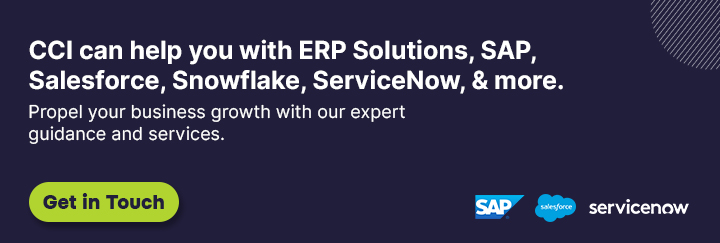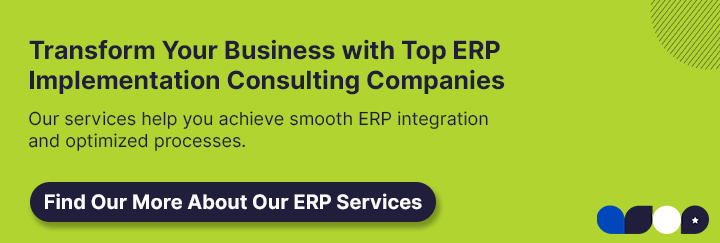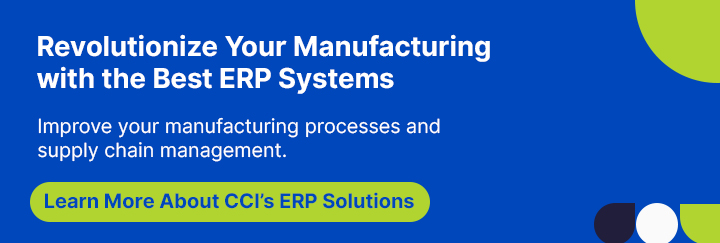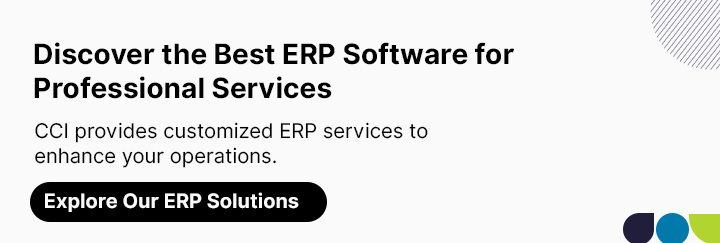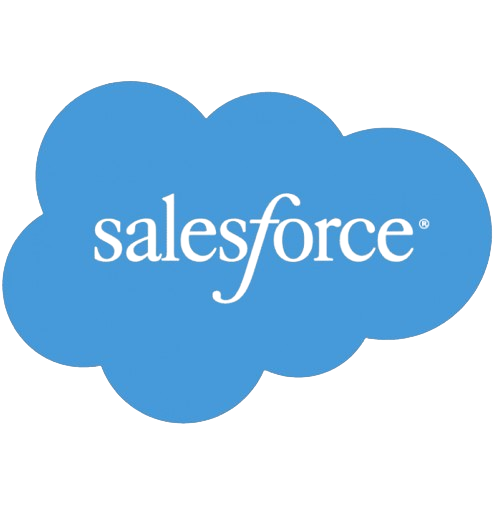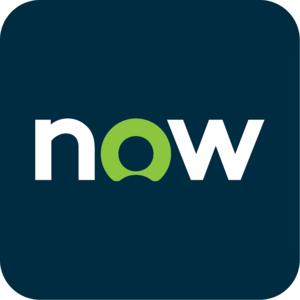Scaling Your Business with 5 CRM Best Practices in 2025
Updated on February 3, 2026
In 2025, Customer Relationship Management (CRM) systems are pivotal for businesses aiming to scale efficiently, enhance customer relationships, and drive revenue growth. As competition intensifies, small and medium-sized businesses (SMBs) and enterprises must leverage CRM platforms like Salesforce to streamline operations and stay agile.
Poor CRM practices, however, can lead to inefficiencies. By adopting best practices, businesses can automate workflows, improve data-driven decisions, and achieve sustainable growth.
>> Related Post: Top 5 Salesforce Best Practices to Boost Your CRM Efficiency in 2025
Why CRM Best Practices are Critical for Scaling
Scaling a business requires streamlined processes, actionable insights, and seamless customer experiences. A well-optimized CRM system can increase revenue, reduce operational costs, and boost customer retention. Inefficient CRM usage, however, leads to data silos, low user adoption, and missed opportunities, hindering growth. By implementing best practices, businesses can leverage AI-driven tools, like Salesforce Einstein, and integrate with platforms like MuleSoft or Snowflake to create a scalable, unified ecosystem. CCI’s tailored solutions ensure SMBs and enterprises can harness CRM capabilities to support expansion while maintaining operational excellence.
>> Related Post: 10 Salesforce Data Migration Tools You Should Know in 2025
Top 5 CRM Best Practices for Scaling Your Business in 2025
1. Centralize Data with a Unified CRM Strategy
- Why It Matters: Fragmented data across systems creates silos. A unified CRM strategy ensures a single source of truth, critical for scaling operations.
- How to Implement:
– Consolidate customer data into Salesforce using Data Cloud or MuleSoft for real-time integration with ERP, marketing, or e-commerce platforms.
– Standardize data fields (e.g., customer IDs, product codes) to prevent mismatches across systems.
– Use Salesforce’s 360-degree customer view to align sales, service, and marketing teams.
– Regularly audit data integrations to ensure consistency and accuracy.
2. Automate Workflows for Operational Efficiency
- Why It Matters: Manual processes consume employee time, slowing growth. Automation streamlines repetitive tasks, enabling teams to focus on strategic priorities.
- How to Implement:
– Use Salesforce Flow to automate lead routing, case escalation, and email notifications.
– Leverage Einstein AI for predictive automation, such as lead scoring or opportunity prioritization.
– Replace legacy Process Builder with Flow to align with Salesforce’s 2025 roadmap.
– Automate cross-system updates (e.g., inventory sync) using MuleSoft or Salesforce Connect.
3. Drive User Adoption with Tailored Training
- Why It Matters: Low user adoption limits scalability; engaged users maximize CRM value, ensuring growth aligns with system capabilities.
- How to Implement:
– Offer role-specific training via Salesforce Trailhead, focusing on sales, service, or admin tasks.
– Customize dashboards, reports, and Lightning interfaces to match user workflows.
– Conduct regular feedback sessions to address pain points and refine processes.
– Use gamification or incentives to encourage consistent CRM usage.
4. Leverage AI for Predictive Insights
- Why It Matters: AI-driven insights enable proactive decision-making, with businesses using AI seeing higher win rates. Predictive tools are essential for scaling sales and service.
- How to Implement:
– Use Einstein Lead and Opportunity Scoring to prioritize high-value prospects.
– Implement Einstein GPT for personalized email generation and case summarization.
– Analyze customer behavior with Einstein Analytics to forecast trends and optimize campaigns.
– Ensure data quality to maximize AI accuracy, using tools like Data.com or CCI’s Integrow.
5. Ensure Scalable Security and Compliance
- Why It Matters: Scalable security protects data as businesses expand.
- How to Implement:
– Enable Salesforce Shield for encryption, event monitoring, and field-level security.
– Use two-factor authentication and IP restrictions to secure user access.
– Implement data loss prevention (DLP) policies to monitor sensitive information.
– Conduct quarterly compliance audits to align with GDPR, CCPA, and industry standards like HIPAA.
>> Related Post: Snowflake’s Multi-Cloud Capabilities: Benefits & Strategies Across Platforms
Strategies to Scale with CRM and CCI
To effectively scale your business with CRM, adopt these CCI-guided strategies:
- Perform a Scalability Audit: CCI assesses your CRM setup to identify bottlenecks and align with growth goals.
- Prioritize Low-Code Automation: Use Salesforce Flow and Einstein to automate processes, reducing development costs.
- Integrate with Scalable Platforms: Connect Salesforce with Snowflake or SAP via MuleSoft for seamless data flow as operations expand.
- Invest in Continuous Training: CCI’s tailored Trailhead-based training ensures user adoption scales with your business.
- Monitor and Optimize KPIs: Use Salesforce analytics to track metrics like conversion rates and cost savings, refining strategies for growth.
>> Related Post: 6 Best Practices for Data Management in Salesforce
Conclusion
Scaling your business in 2025 demands a robust CRM strategy, and these five best practices: centralizing data, automating workflows, driving user adoption, leveraging AI, and ensuring security, unlock Salesforce’s full potential.
Partnering with Cloud Consulting Inc. ensures tailored implementation, leveraging CCI’s expertise and Integrow to create a scalable, efficient CRM ecosystem.
FAQs
1. How do CRM best practices support business scaling?
They automate workflows, unify data, and enhance insights, enabling automation and cost reduction for scalable operations.
2. What is the cost of implementing these CRM practices?
CCI is offering tailored solutions for rapid ROI within 6-12 months.
3. How does CCI improve Salesforce user adoption?
CCI provides customized Trailhead training and user-centric interfaces, boosting adoption.
4. Can Salesforce integrate with other platforms for scalability?
Yes, MuleSoft and Data Cloud enable seamless integration with ERP, marketing, and Snowflake for scalable data ecosystems.
5. How do these practices ensure compliance during growth?
Salesforce Shield and governance policies align with GDPR, CCPA, and HIPAA, reducing breach risks.
